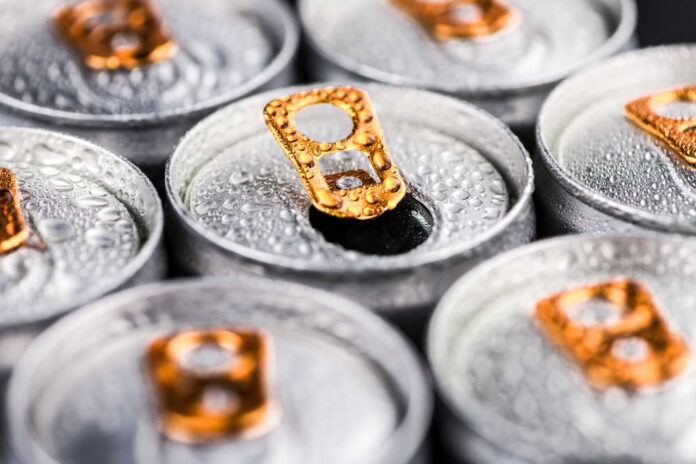
Generally defined as a non-alcoholic drink with added sweetener and added flavorings, soft drinks may be tasty, but they are far from healthy.
While some studies have found little or no evidence of an association between soft drinks and adverse health outcomes, systematic reviews have demonstrated substantial bias and financial conflicts of interest in such research. Studies with reported conflicts of interest were five times more likely to find no association between sugary drinks and obesity.
The overwhelming body of high-quality, unbiased evidence paints a clear picture: sugary soft drinks significantly increase your risk for obesity, high blood pressure, cardiovascular disease, type 2 diabetes, dental cavities, kidney stones, and more.
Soda
One of the worst and most popular offenders is soda. Full of sugar and calories, soda consumption is a leading cause of weight gain and obesity.
Soda is also terribly low in nutrition, providing little or no vitamins, minerals, or antioxidants. Each can of soda you drink also means you’re not drinking a healthier, more nutritious option such as tea, coffee, or just plain water.
Colas are associated with lower bone mineral density in women, which increases the risk for osteoporosis and fractures.
And diet sodas are not any better. The artificial sweeteners used in diet sodas tend to be linked to even worse side effects.
Sweetened Iced Tea
If you make it yourself, sweet tea can be a healthy and refreshing beverage on a hot day.
But most people don’t make their own sweet tea. Instead, they buy it premade, which is often loaded with too much sugar and other additives.
You can control the sweetness and ingredient quality when you make it yourself. Make sure you use only enough sugar to make it sweet. Or better yet, use honey, freshly squeezed fruit, or herbs to flavor your tea.
Energy Drinks
While they might be able to help you stay awake, energy drinks are not healthily boosting your energy.
Energy drinks are associated with negative health effects, including:
- high blood pressure
- adverse cardiovascular events
- caffeine toxicity
- high blood sugar
- insulin resistance
- type 2 diabetes
- dental caries (cavities)
- renal microvascular damage
- accelerated progression of chronic kidney disease
- sleep disorders
- fatigue
- headaches
- digestive issues
- irritable mood
If you are having trouble staying alert and focused, try healthier options such as tea, coffee, light exercise, or just taking a quick nap.
Sports Drinks
The big idea behind sports drinks is that they are designed to help athletes replace fluids and electrolytes lost during exercise.
But there are two problems here. First, they don’t appear to be effective at doing this. The sugary sweetness makes it easier to drink more and stay hydrated, but all that sugar has drawbacks.
Also, a large portion of the people drinking sports drinks (especially adolescents) are drinking them just as a regular drink, not as a post-exercise beverage. This can quickly lead to excessive sugar consumption and weight gain.
You’re probably better off skipping the sports drink and sticking to water for rehydrating after exercise.
Reducing sugar-sweetened beverages is one of the best things you can do to improve your health and protect against obesity, diabetes, and other chronic diseases.






















